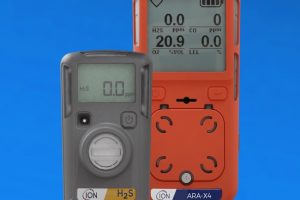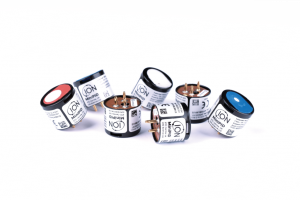Protecting against benzene exposure
ION SCIENCE says it is an expert in protecting against benzene exposure. Working with a variety of industries that use benzene in their applications, ION Science has developed an experienced team who are able to advise, protect and manage benzene exposure in a range of situations.

Benzene is a common and useful hydrocarbon, however the long-term health risks of prolonged benzene exposure are serious. These can include leukaemia, anaemia, respiratory difficulties and compromised immune system. Immediate short-term effects include dizziness, rapid or irregular heartbeat, headaches, tremors, confusion, skin, eye, or lung irritation, and in high concentrations, benzene can prove fatal.
Benzene Webinar
Wednesday 3rd November
15:00 (GMT)
In the environment, particularly soil and water, benzene can prove just as devastating in its impact. Benzene does occur naturally in very low levels as the result of volcanic activity, but primarily when found in the environment, it is as a result of industrial accidents, improper disposal, leaks, spills, and leachate from landfill. Once benzene enters the soil and water systems, it breaks down very slowly and poses a risk to wildlife and human health through chemical build up.
Should benzene be consumed (such as through contaminated water), it can lead to the above short-term effects, as well as vomiting and stomach irritation.
Fortunately, as a common hydrocarbon that is used in many industries, there are several technologies to help detect and monitor benzene available. VOC gas detection, supported by PID technology, is the most effective way to detect benzene in the environment or air. Detection at low levels, such as parts per million or parts per billion (ppm or ppb) is also essential for ensuring that the contaminating benzene can be removed to safe and legal levels through appropriate methods. ION Science has the technology and expertise to help detect and monitor benzene in a number of scenarios, protecting the health of people and the environment in the long term.
For more information, visit https://ionscience.com
HSM publishes a weekly eNewsletter, delivering a carefully chosen selection of the latest stories straight to your inbox.
Subscribe here





